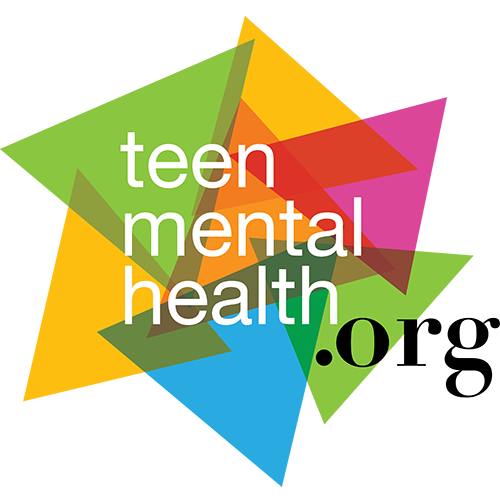Developing Positive Mental Health

Exercise
- Daily physical activity improves your physical and mental health.
- Any exercise is better than no exercise, but 30 minutes per day of exercise that increases your heart rate to a robust level (e.g., running, playing soccer) is recommended.
Sleep
- Sleep is an important part of staying healthy.
- Although the amount necessary varies from person to person, most teenagers need 8-9 hours of sleep each night.
- Developing good sleep hygiene is important – check out Healthy Sleeping for tips on how to develop your own sleep hygiene routine.
Eat Healthy
- Eating a balanced diet gives your body the fuel it needs to help it get well and stay well.
- Try not to skip meals and go easy on the junk food.
- There are many free apps and online tools that you can use to help ensure you’re getting the right balance of healthy nutrients each day.
- Check out this website for more information and an App.
Time Management
- Having structure in your day and an understanding of what activities and deadlines are coming up can help you avoid unnecessary stress, help keep your mood stable, and help prevent you from feeling overwhelmed.
- Keeping a daily agenda or schedule can be very helpful – even if it only includes basic daily activities, such as when to exercise.
- For help getting started, check out Taking Charge of Your Health (Daily Checklist).
Take Time to Relax
- Taking time each day to do something that you find relaxing is important for your mental health.
- It might be listening to or playing music, reading a book, talking to a friend, or meditating – whatever you find to be relaxing. Taking time to relax on a regular basis can help you recognize the strategies to use when you are feeling stressed or overwhelmed.
You may also find it helpful to practice strategies such as Deep Breathing or Hand Relaxation
Deep Breathing
- Breathe in for 4 seconds (through your nose, if possible).
- Hold your breath for 4 seconds (You’re not trying to deprive yourself of air; you’re just giving the air a few seconds to fill your lungs).
- Exhale slowly through your mouth for 4 seconds.
- Pause for 4 seconds (without speaking) before breathing in again.
- Repeat this process as many times as you need.
Hand Relaxation
- Clench the muscles of your left hand into a really tight fist for 5 seconds.
- Gradually let go of your fist (for about 15 seconds) while breathing slowly and concentrating on the way your hand feels.
- Repeat using your right hand during times of stress.
- Often about three cycles (left plus right hand relaxation is one cycle) is enough to help decrease the stress response.
Limit/Avoid Alcohol or Drugs (including cigarettes and caffeine)
- Although you may feel better temporarily, alcohol, marijuana and other drugs won’t solve your problems and may even make them worse in the long-term. Limiting your caffeine intake can be helpful.
Build Healthy Relationships
- Having a good support network of people that you can talk to when necessary for help or advice is an important part of staying mentally healthy.
- Also, helping others is a good way to boost your health. See the Building Relationships section for more information.


